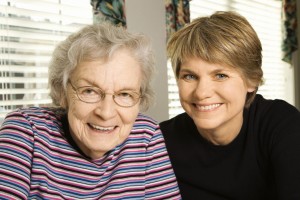Many people creating or updating an estate plan are blessed with children and grandchildren, and enough assets to leave them a significant inheritance. However, deciding how to provide for future generations can lead to conflict, and much of that conflict stems from unequal treatment of children, whether it is intended or not. Here are a few pitfalls to avoid.
In some families, especially in previous generations, it was common to treat sons and daughters differently in regards to inheritances. A family business might be left to sons, while another asset such as a trust may have been created to provide for daughters. Needless to say, this can cause resentment and disputes. In modern times, such gender distinctions are less common. However, parents creating an estate plan often still choose to treat some children differently.
Parents sometimes consider providing for their adult children differently based on each child’s family income and assets. While this may seem like fairness, it is likely to cause resentment. It is, of course, one’s right to distribute one’s assets according to one’s wishes. However, parents may want to consider simply dividing their assets equally among their children. This simple solution can head off arguments and hurt feelings.
Distribution of assets to one’s children and grandchildren during one’s lifetime may be unequal for valid reasons. Paying for college may entail a greater cost for one child than for another. Helping to provide for grandchildren may mean that one’s adult children with more children of their own receive more help. These matters are best approached with openness and an attempt at fairness, keeping in mind individual circumstances.
When it comes to planning one’s estate, there may be a temptation to either mirror those inequalities by leaving more to adult children with more children of their own, or to make up for them by leaving something additional to one’s other children. However, the best approach may be the simplest: dividing one’s estate equally among one’s adult children, and providing that in the case of an adult child who has passed away, that any grandchildren receive that child’s share of the estate.
Passing on a family business may seem like a special case, but it need not be. If one or more adult child has had a special role in a family business, then that role will likely continue. Ownership of a family business may still be passed on to all adult children equally, with a child who has worked in the business continuing to be compensated for his or her work. Alternatively, a child who works in the business can receive ownership shares during the parents’ lifetime, so that the remaining family shares are distributed equally upon the parents’ death.
Passing on an inheritance to one’s children should be a cause for celebration rather than disputes. Making distributions as equal as possible is one way to keep it that way.




